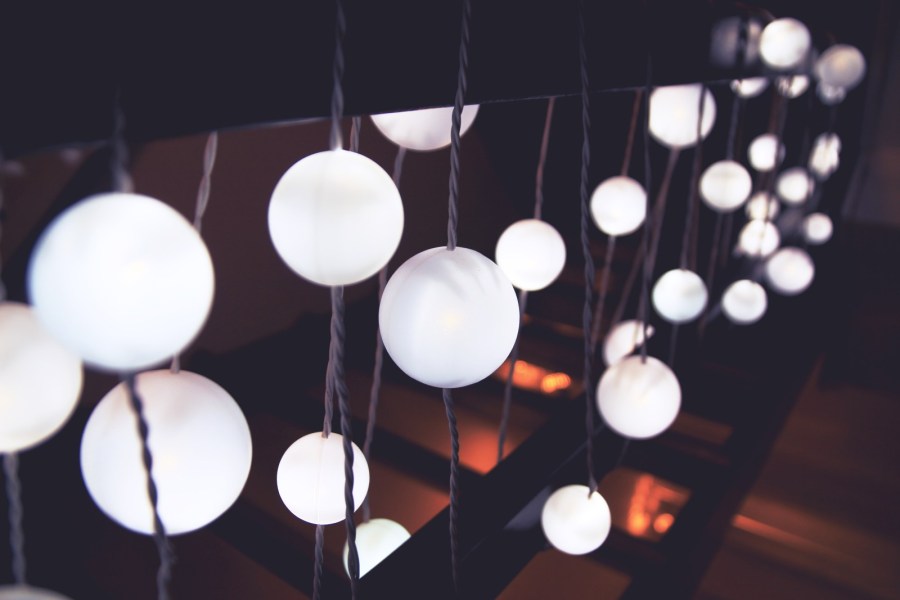This is going to be my very first post – yay! A little bit about me: I’m a board certified Nurse Practitioner, and I work with clients and families with autism in Portland, Oregon. This blog is dedicated to new and emerging knowledge about autism spectrum disorder and how we can best treat clients with the innovative therapies being developed. We hope that this blog will raise awareness of autism, and be a community for everyone to share their experiences, ask questions, and contribute to our collective wisdom about autism. In the following posts, we will discuss the risks and benefits of modern medical interventions (like psych drugs), alternative/complementary/traditional treatments (did you know that some diets might help with autism symptoms?), and behavioral methods (like play therapy) that might show positive effects in people with autism.
So on to our first topic today: What causes autism?
There are many things we know about autism: That it affects 1 in 68 children in the US, boys are more likely to get it than girls (by a ratio of 4:1), and is one of the fastest growing developmental disorders in the country. However, we only have a very sketchy idea of what causes it. Current research says that it is a combination of genetic and environmental factors. So yes, if someone in your family has autism (like a parent, sibling or uncle), there is a chance that it can be passed to the next generation. Researchers know this because of the following:
- Autism incidence is unequally distributed, with boys outnumbering girls 4:1
- Siblings of children with autism are more likely to get it compared to the general population
- The closer the family relation to someone with autism, the higher the likelihood of having autism – 3 percent for cousins, 7 percent for paternal half-siblings, 9 percent for maternal half-siblings, 13 percent for full siblings and dizygotic (fraternal) twins, and 59 percent for monozygotic (identical) twins
- There are many genes suspected of causing autism, including one on the X-chromosome, which is why it might affect boys in higher numbers since they have just one X-chromosome and more likely to be affected than girls who have 2 copies of the X-chromosome
The other theory is that certain environmental toxins (like pesticides, or other chemicals or viruses) can “turn on” an abnormal gene during the pregnancy causing the child to develop autism. Some studies have shown abnormalities in brain function of children with autism, potentially caused by these environmental factors. These are only good guesses – we don’t know for certain what exactly causes autism, and need more research to find out.
Numerous studies have implicated various environmental and birth conditions which could cause autism, but there is no one thing that has been shown without a doubt to cause autism. What research has proved for certain is that vaccines DON’T cause autism, so children with autism can and should receive all vaccines that are appropriate for their age. At times, all of the following have been thought of as a cause of autism:
- smoking
- Mercury
- Lead
- plastics
- GMO foods
- the internet
- too little maternal bonding (aka refrigerator mothers)
- viruses
- bacteria
- and so on…
So what do we conclude from all this? Is there a definitive answer to the mystery behind autism?
No.
Autism in children shows up in many ways, and is caused by many things, some of which are just only being unearthed, and many of which we probably still haven’t discovered. Parents and families of children and adults with autism, what are some of the theories and reasons behind autism in your family? How do you think clinicians and doctors treating your family came to the conclusion? Please share in the comments section below, and let me know what other topics you want to read about. Thanks for reading and will be back with a new post soon!
